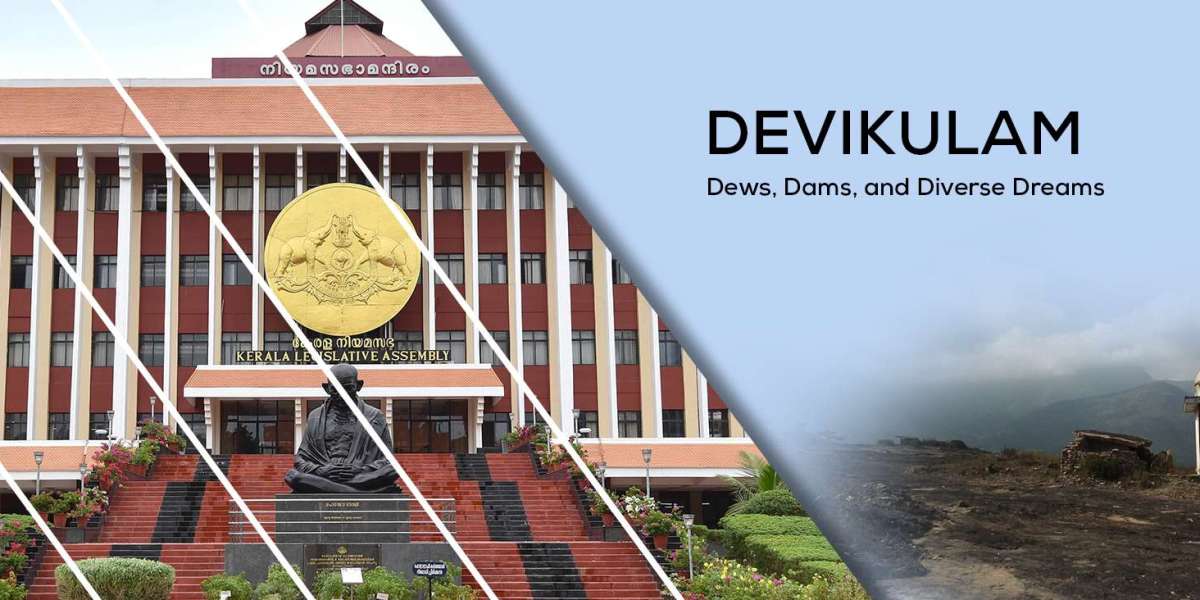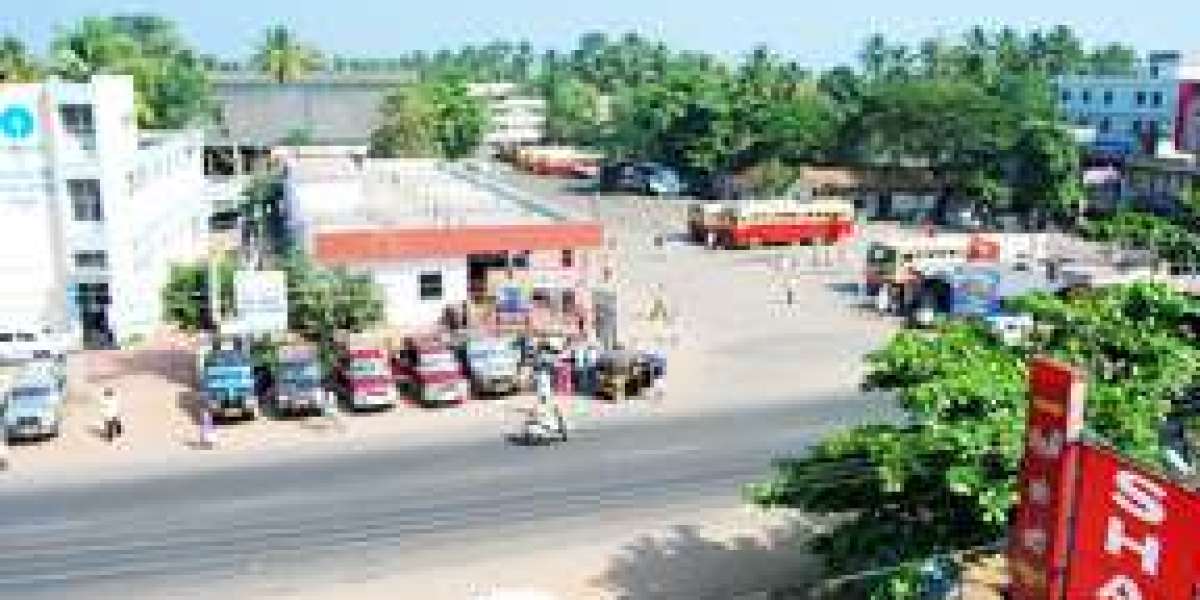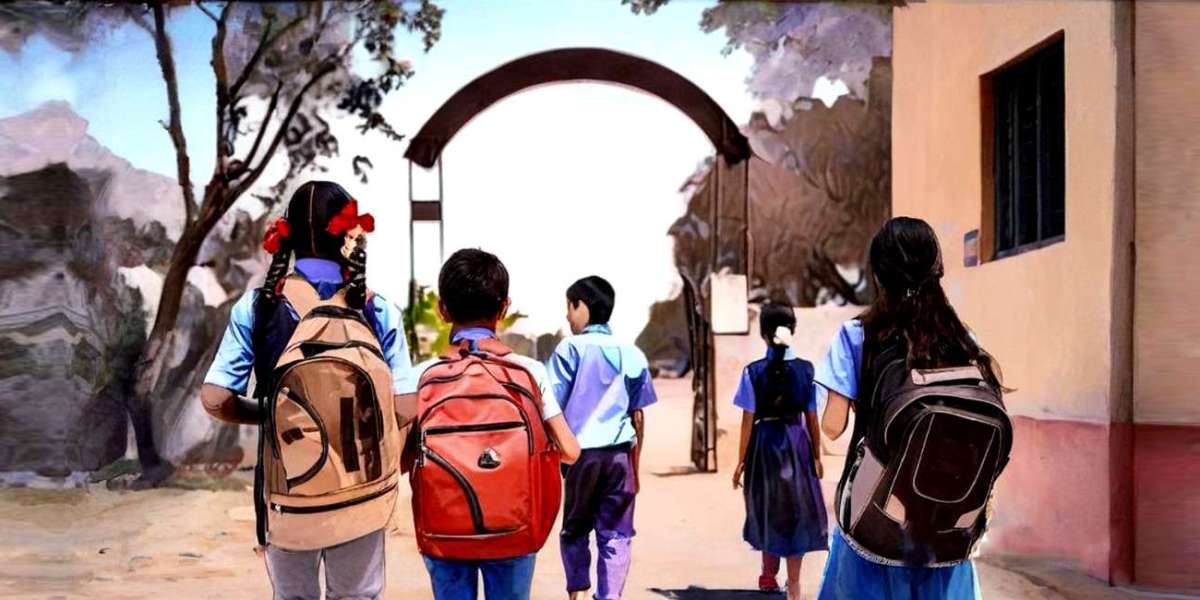Geographic & Demographic Peculiarities
Spanning roughly 1,269 km², Devikulam includes 11 panchayats—Adimali, Edamalakkudy,
Kanthalloor, Mankulam, Marayur, Munnar, Pallivasal, Vattavada, Vellathuval, Bison Valley, and
Chinnakanal. The region is dominated by tea plantations, rolling hills, and dense forests, stretching
from the high-altitude Munnar down to valley villages. Around 28% of its population belongs to
Scheduled Castes, while ST presence is small. Literacy is high (~92–95%), with civic participation
around 67–71% voter turnout.
A key peculiarity is its substantial Tamil-speaking plantation-worker community—about 90% of
labourers in many wards trace their origins to Tamil Nadu. Hence political campaigning and public
communications often switch between Tamil and Malayalam depending on the ward.
Income Sources & Economic Strata
The constituency’s livelihood framework reflects its geography: Plantation agriculture dominates: tea, cardamom, spices, and small-scale vegetable farming
across upland terrains. Inland tourism and hospitality around Munnar contribute via resorts, homestays, and eco-
tourism services. Small trade, shops, vendor services in towns like Adimali and Munnar cater to local and
tourist demand. NRIs and remittances also support many households—especially among SC families and
plantation communities.
The majority of residents fall into middle-income strata—small rubber-plot holdings, service staff in
hospitality, plantation workers with remittance support. There is a visible BPL population among
landless laborers in remote panchayats like Vattavada and Kanthalloor. High-income households are
few, including resort owners or longtime land stakes.
Recent Development Activity
Devikulam has seen several key developments: Legal and political developments tied to the 2021 assembly result: the Supreme Court has
stayed that verdict while final resolution is pending. Reports of land subsidence and landslip risk surfaced in the Irachilpara region near Munnar
in late 2024, prompting evacuations of over 20 families from vulnerable zones above the
Devikulam taluk.Infrastructure upgrades under tourism-focused Kerala state schemes—such as road repairs
and bridges to improve connectivity between plantation towns, especially along the
Adimali–Munnar axis—are underway. Local voices call for better planning to prevent
landslides and retain ecological balance.
Devikulam Assembly Constituency is a microcosm of Kerala’s highland identity—steep hills, mixed
Tamil–Malayalam cultures, plantation-driven rural economy, and evolving tourist infrastructure.
With a largely middle-income but historically marginalized SC electorate, civic engagement remains
strong. Ongoing efforts in infrastructure, safety, and legal clarity reflect its continued journey
towards inclusive growth and resilience.







